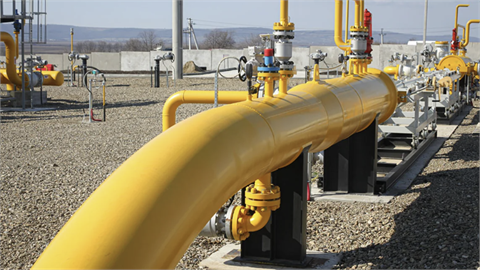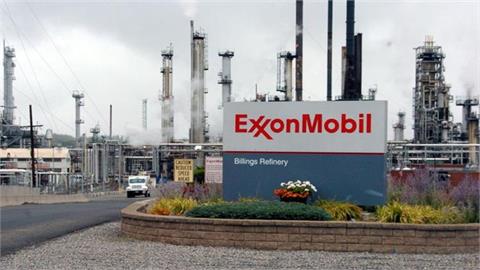The price of oil tumbled nearly three dollars a barrel on October 14 after IEA cut its forecast for oil demand growth in a sign of the darkening outlook for the global economy. A glut of crude in the market, partly driven by the US shale boom, combined with weakening oil demand has pushed the price of oil to its lowest level since 2010. Brent, the international oil benchmark, which has plunged almost 25 per cent since mid-June, fell about $3 to below $85.50 in afternoon trading in New York on Tuesday.
The International Energy Agency also said it did not expect Opec to cut supply when it meets next month despite calls from some members of the producers’ club for curbs on output. The average price of a US gallon of petrol has fallen 10 per cent since early July, hitting $3.38 last week, and is set to fall further to reflect the recent decline in crude, putting more spending power into the pockets of US consumers.
Crude’s dramatic drop has reverberated across the oil industry, hitting the shares of shale oil explorers in the US and causing jitters in oil-producing countries that rely heavily on oil revenues to fill government coffers, such as Russia. Further falls could endanger investment in deepwater, Arctic and shale reserves that require a high oil price to break even, analysts have said. That could potentially crimp future oil supplies. Saudi Arabia, Opec’s largest producer, and Kuwait have so far indicated they will resist a cut at the group’s meeting in Vienna next month with Riyadh signalling it was prepared to accept a period of low prices.
In its closely watched monthly oil market report, the International Energy Agency, cut its forecast for world oil demand growth this year by 250,000 barrels a day on "reduced expectations of economic growth”. That suggests demand will grow at its slowest pace in five years. Oil consumption has been hit by the worsening outlook for the world economy. Earlier this month the International Monetary Fund cut its forecast for global economic growth for the third time this year.
The world’s weakening appetite for oil comes with the market awash with plentiful supplies of crude. Libya’s production has recovered strongly even as the country descends further into chaos, while Iraq’s oilfields have remained insulated from the violence in the north. Meanwhile, US output remains strong, leading to a glut of supply in the Atlantic Basin and the North Sea. Antoine Halff, author of the IEA report, said Opec was "not likely” to cut output to put a floor under prices. He said the dynamics of the global market had been changed by the growth of US shale, and Opec and its largest producer were increasingly reluctant to fulfil their traditional role of balancing supply and demand. "I think it’s fair to say that we’re in a different market today than in the past, in terms of where supply growth and demand growth is coming from, and who are the challengers – internal and external – facing Opec,” he added.
He further said that in future the oil market would come into balance not thanks to Opec production cuts but due to a pullback in US shale output. However, steeper falls in the oil price would be needed for shale and other unconventional oil production to take a meaningful hit, the IEA said.
The agency said a close analysis of North American shale oil supply suggested "most of it remains profitable at $80 a barrel”. It said only around 2.6m b/d of global crude oil production came from projects with a break-even price – the price point at which the business is profitable – in excess of $80, likely to put further downward pressure on the price of oil.



